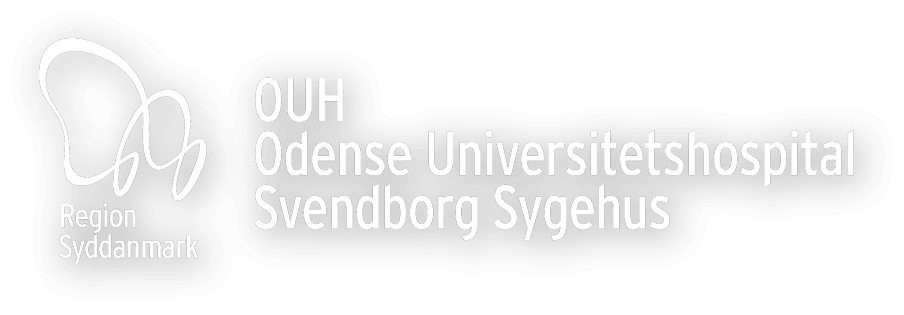WP 1
Basic Capsule Endoscopy quality and delivery
Primary Investigator: Prof. Gunnar Baatrup
WP1 in a nutshell
The overall goal of WP1 is to cover the general activities benefitting all other WPs e.g. capsule delivery process, transit time, bowel cleansing, and boosters.
Relevance
It is of common interest to all work packages that the bowel cleansing procedure is efficient and tolerable for patients and that capsule transit time is sufficiently short. Even though the quality is almost sufficient for conducting clinical trials, further development is necessary before implementation into clinical routine.
Aim
To optimise capsule delivery, as well as improving transit time and bowel cleansing for better investigation results. This will be achieved by developing procedures that are not only efficient but also tolerable for the patients.
A further focus is development of reliable clinical standards for quality assessment of the investigation. WP1 also includes work on defining acceptable bowel cleanliness and objective polyp size measurements.
Design
Bowel preparation and booster
Further trials based upon the earlier conducted three-armed randomised trial of different bowel cleansing preparations and regimens are being developed.
Recent studies have identified important factors in further improvement regarding completion rates such as time of the day for taking the capsule and that demographic factors can identify small groups with high risk of failure (high age, high BMI and male gender, history of constipation and certain medications).
A three-day pre-investigation schedule is being developed for those high-risk groups by small-randomised trials. The total protocol for capsule delivery, bowel preparation, and booster medication is being investigated in a prospective cohort study.
Delivery and compliance
Patients’ protocol adherence and deviations are being studied in a new trial. The completion rate in those who get the capsule under optimal conditions with an optimal protocol and not belonging to high risk groups now have acceptable transit time (more than 90 %).
Methods for capsule delivery and patient motivation through oral information and surveillance and through support by a phone-line and a dedicated supporting app are being developed in collaboration with Medtronic and Corporate Health.
Clinical standards for completeness
It has been demonstrated that the current clinical classification systems for bowel cleanliness are subjective and the inter-observer and even intra-observer agreement to classification is too low to ensure a safe evaluation of the test quality [1].
Therefore, we are in the process of developing an AI algorithm based upon pixel colour analysis for an objective assessment of the bowel cleanliness (see WP 3).
We have also demonstrated that the polyp size estimation done by endoscopists is highly inaccurate [2]leading to a misclassification of patients risk and thereby allocation to the wrong follow-up regimen in up to 30 % of the cases.
A CCE algorithm for size estimation is possible whenever there are more than one picture of a given polyp (more than 99 % of cases) and will improve the quality of screening significantly (see WP 3).
Timeline
Protocols are being developed and the smaller trials can be concluded within 3 years.
References
1. Buijs, M.M., et al., Intra and inter-observer agreement on polyp detection in colon capsule endoscopy evaluations. United European Gastroenterol J, 2018. 6(10): p. 1563-1568.
2. Buijs, M.M., et al., Reproducibility and accuracy of visual estimation of polyp size in large colorectal polyps. Acta Oncol, 2019. 58(sup1): p. S37-s41.

